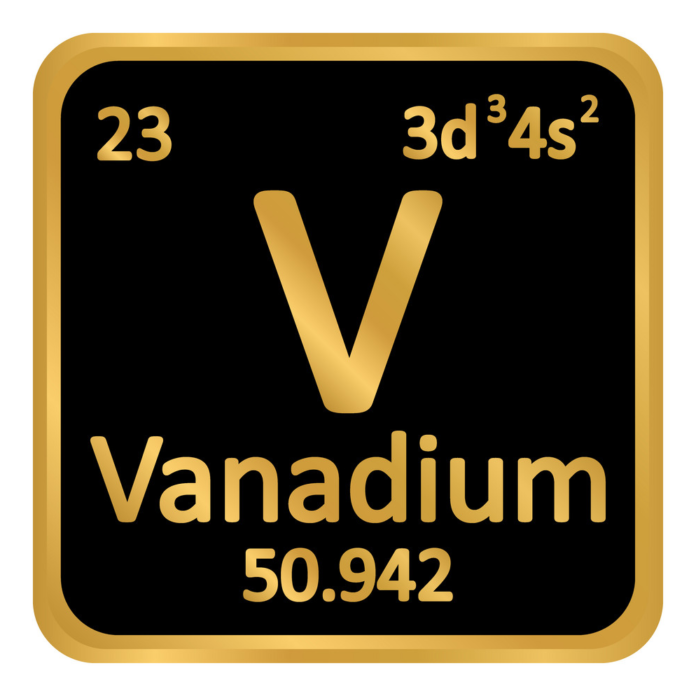Eurobattery Minerals AB, Stockholm, Sweden, (Nordic Growth Market: “BAT”), has announced a positive first result from its collaboration with the AGH University of Science and Technology in Krakow, Poland. The joint research project has two goals; to identify the main mineral carriers of the battery mineral vanadium and to develop optimal sustainable methods for extracting the metal from vanadium-rich minerals.
Key points:
- Positive first results from AGH University of Science and Technology in Krakow on developing an optimal technology of extracting vanadium and rare earth elements (REE) from minerals in black shales
- The technology used in the experiment allows cost-effective and sustainable enrichment of vanadium and REE at relatively low temperatures and no use of chemicals
- The research further concludes that the previously confirmed large quantities of vanadium in the Fetsjön black shales is partly tied to the mineral rutile and partly to clays and mica fraction
- Next step is further tests on separation and extraction of vanadium and REE
- The research project is part of the ongoing collaboration between the universities in Krakow and Uppsala and Eurobattery Minerals.
Via experimental studies on vanadium-rich black shales from Eurobattery Minerals Fetsjön-project, the scientists have concluded that part of the vanadium is tied to the mineral rutile (TiO2) and part to clays and mica minerals. The scientists have managed to thermally concentrate vanadium-enriched fractions to identify the vanadium-bearing minerals and additional rare earth elements (REE) in the black shales. The separation has been successful already at relatively low temperatures meaning that less power is needed. Furthermore, the process allows for separation without using chemicals. Producing a low-cost metal-enriched concentrate may be a new method in extracting vanadium.
“We are thrilled about these early results suggesting that the vanadium in our Fetsjön project, and elsewhere, can be obtained more sustainably and cost-effectively than what we have known to date”, said Roberto García Martínez, CEO of Eurobattery Minerals.
Dr Maciej Manecki runs the research project at the Department of Mineralogy, Petrography and Geochemistry at AGH University of Science and Technology in Krakow, Poland, and he is optimistic about the results: “The research supports my hypothesis, as well as previous research at Fetsjön and other parts of the world with similar rock formations – vanadium in black shales is bound to oxide and/or mica minerals and it’s possible to thermally concentrate the metal at relatively low temperatures and without the use of chemicals. I am looking forward to seeing the outcome from further tests on the separation and extraction of vanadium and REE”, Dr Maciej Manecki concludes.
About Eurobattery Minerals
Eurobattery Minerals AB is a Swedish mining company listed on NGM Nordic SME (BAT) and Börse Stuttgart (EBM). As the foundation of the battery value chain the company’s vision is to help Europe become self-sufficient in ethical and fully traceable battery minerals for the electric vehicle industry. The company is focused on exploration and development of several nickel-cobalt-copper projects in Europe to supply raw material critical to the expanding electric vehicle battery market.

